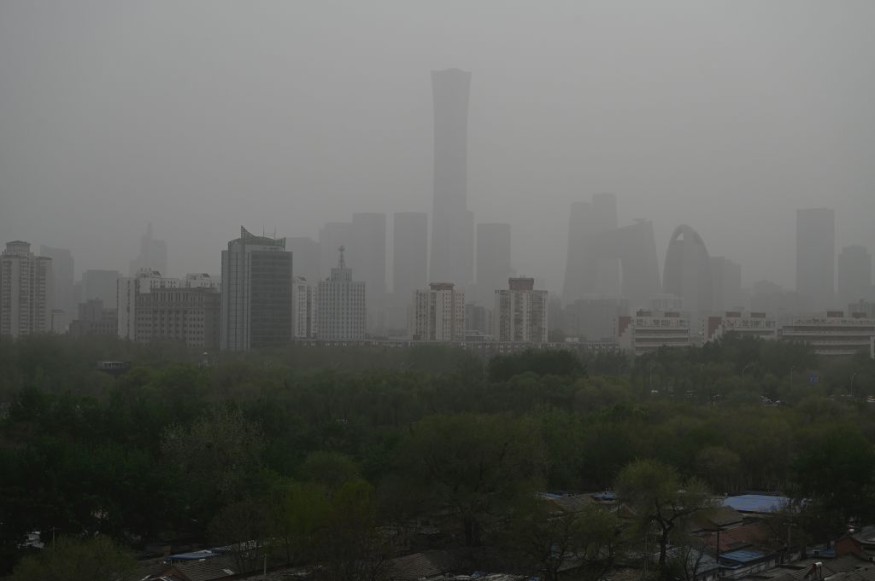
As a result of China's effective fight against pollution, Chinese are expected to live two years longer.
According to the annual Air Quality Life Index report produced by the Energy Policy Institute at the University of Chicago, China's pollution levels in 2021 had fallen 43% from 2013.
War against pollution
Ten years ago, air quality in China was so terrible, with dense smog and acrid air a daily reality for residents, that Chinese leaders launched a multibillion-dollar "war against pollution."
However, China's progress demonstrates that change is feasible if the government and its people are motivated and able to work hard.
The Chinese government has, for example, limited the number of cars on major city roads since 2014, prohibited new coal plants from being built in the most polluted areas, reduced emissions or closed existing plants, and reduced high-polluting industrial activity such as iron and steel manufacturing.
Beijing had its best monthly air quality in 2021.
"The 'Beijing blue' has gradually become our new normal," the country's environment minister declared at the time.
"At the foundation of those actions were common elements: political will and resources, both human and financial, that reinforced each other. When the public and policymakers have these tools, action becomes much more likely."
However, the report cautioned that there is still work to be done because China remains the world's 13th most polluted country.
Beijing's particle pollution-the tiny but very harmful contaminants that can bypass the human body's normal defenses-is still 40% higher than in the country's most polluted county.
While China's particulate pollution levels meet national regulations, they "significantly exceed" World Health Organization (WHO) guidelines.
Read Also : Air Quality In Jakarta Deteriorates In Dangerous Levels; Execs Discuss How To Combat Pollution
South Asia as "global pollution epicenter"
The data shows that South Asia is now the "global pollution epicenter," with the four most polluted countries-Bangladesh, India, Nepal, and Pakistan-accounting for over a quarter of the world's population.
The report said that the typical citizen in each of these countries loses five years of their life to pollution.
There are several factors to this: these countries have experienced significant population expansion, economic development, and industrialization during the last 20 years.
Energy demand and fossil fuel consumption have surged in tandem, while in Bangladesh, the number of cars on the road tripled between 2010 and 2020.
Crop burning, which many farmers employ to clean their fields before harvesting, and the use of brick kilns have also contributed to increased pollution.
"The countries experiencing some of the worst pollution today don't have the tools they need to fill these basic air quality management holes," the report said.
Particulate pollution continues to be the world's greatest external risk to human health, with a life-expectancy impact equivalent to smoking, more than three times that of alcohol consumption and unclean water, and more than five times that of transport injuries such as automobile accidents.
Africa, another polluted region, suffers comparable challenges.
While there are huge worldwide subsidies to assist African countries in combating health concerns such as HIV/AIDS, malaria, and tuberculosis, nothing similar occurs to combat pollution.
Aid from international organizations and private donors might go a long way toward developing the infrastructure required, according to the research, but "right now, that's not happening," it stated.
Related Article : India Air Quality Shortens Residents' Lives by 11.9 Years Due To Particulate Pollution Exceeding WHO Standards
Related Video:
© 2025 NatureWorldNews.com All rights reserved. Do not reproduce without permission.





